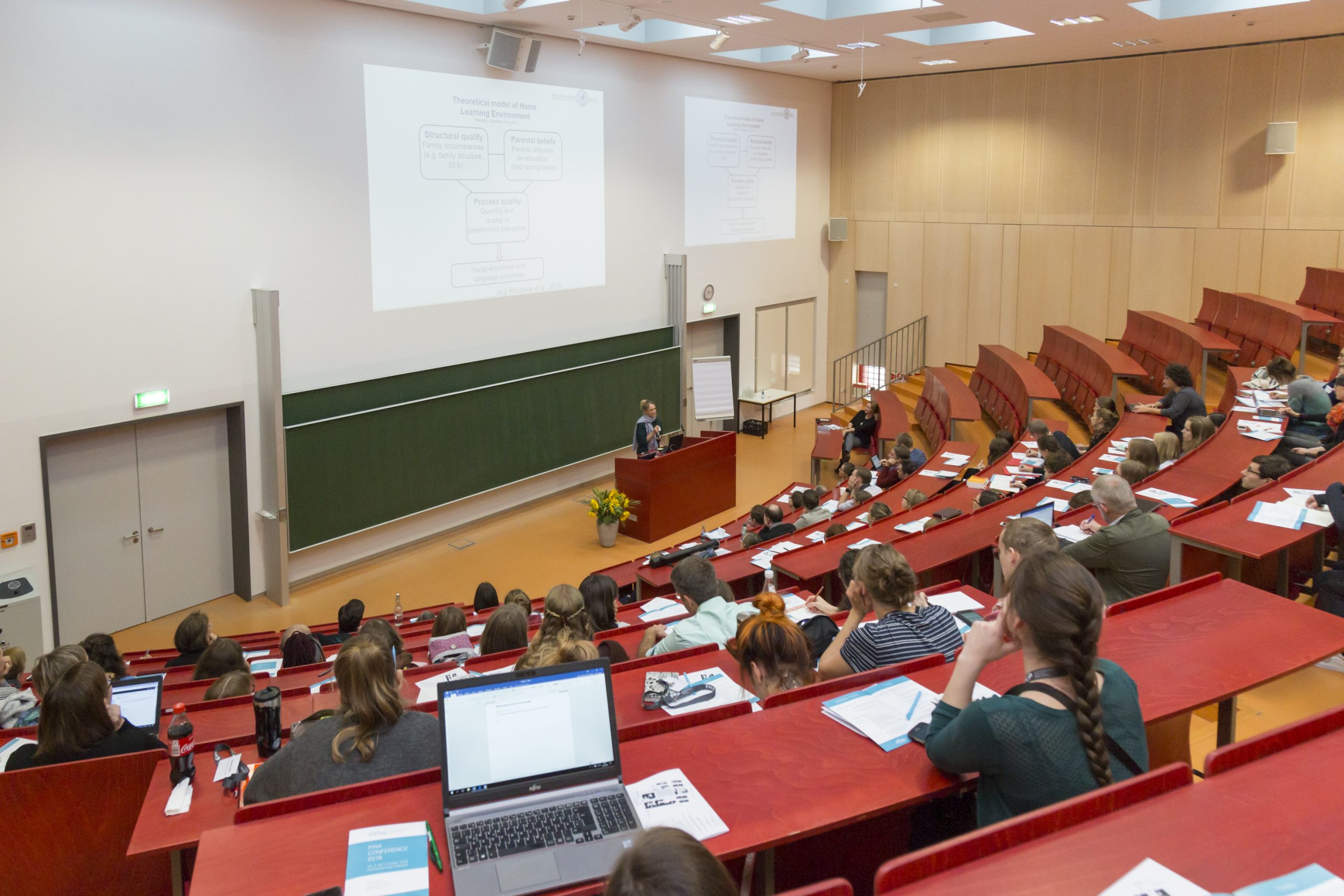
21.06.2023 – Colloquium with Cristina Galusca
Location ZOOM
Time: 18:00 – 19:30 Uhr
Cristina Galusca (Laboratoire de Psychologie et Neurocognition Université de Grenoble Alpes)
Children’s beliefs and attitudes towards gender and power
Children categorise individuals by gender and are aware of gender stereotypes by 2 years of age (Poulin-Dubois et al., 1998; Hill and Flom, 2007). Across cultures and situations, gender has hierarchical implications, since men generally hold higher status, have more decisional power and have superior access to resources. Recent studies showed that preschoolers already associate power with males (Charafeddine et al, 2020). However, power can be exercised antisocially, by seeking benefit for oneself, or prosocially, by sharing benefits with others. Preschoolers tend to associate prosocial traits with females and antisocial traits with males
The first study investigated the effect of prosociality of children’s association of power with gender. Yet social cognition also involves an evaluative stance that enables us to decide who to interact. From an early age, gender and power influence children’s attitudes towards others. When it comes to gender, preschoolers prefer same gender peers (Shutts et al., 2013). With regards to power, toddlers prefer those who prevail in conflicts, when no force is inflicted (Thomas et al., 2019). Similarly, preschoolers prefer higher status individuals (Enright et al., 2020).
The second study evaluated how children’s attitudes towards gendered power are influenced by own-gender preferences, power preferences or expectations of male power.
Finally, the third study sought to understand the salience of gender against another social category, that of age, which is highly familiar for children, perceptually salient and organised hierarchically.
Please request the zoom link from nadin.klueber(at)fh-potsdam.de

